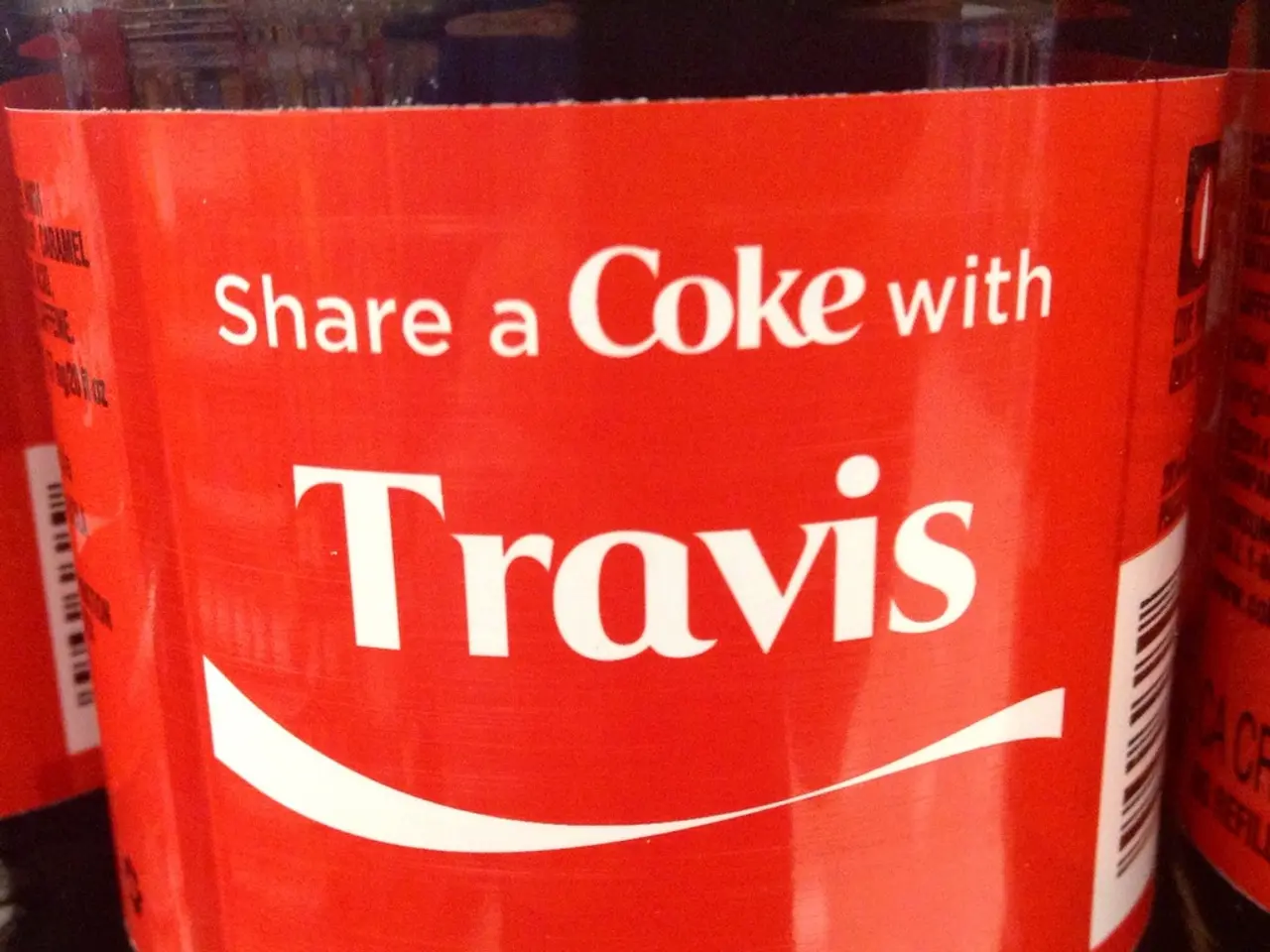Ron Dermer advocates for continued conflict following a ceasefire - here's the truth of the matter
In a recent podcast interview, Israeli Minister Ron Dermer discussed the long-term challenges Israel faces in maintaining peace with Hamas, a Palestinian militant group. Dermer's comments highlighted several key areas of concern, including potential arms build-up, international community responses, political challenges, and economic and humanitarian issues.
One of the most significant challenges is the issue of arms build-up and demilitarization. Hamas's military capabilities pose a significant threat to Israel, and the group has consistently rejected disarmament, a condition Israel insists on for any lasting peace. The international community, particularly through the UN, has struggled to enforce disarmament, making it difficult for Israel to achieve its security goals.
The international community's response is another area of concern. The UN Security Council's inability to agree on measures such as arms embargoes or sanctions due to vetoes, such as the US vetoing draft resolutions, hinders efforts to stabilize the region and enforce peace terms. External actors, like the US, can influence negotiations, but their inconsistency and conflicting interests often hinder progress.
Political challenges also loom large. In Israel, far-right factions can undermine efforts to negotiate a lasting ceasefire, while Hamas seeks a permanent end to hostilities and Israeli withdrawal from Gaza, goals that are difficult to reconcile with Israel's demands for Hamas's disarmament and removal from power.
Economic and humanitarian issues are equally pressing. The ongoing humanitarian crisis in Gaza requires sustained international support to alleviate suffering and stabilize the region. A comprehensive plan for Gaza's reconstruction and governance is necessary for long-term peace, but this is challenging due to the political stalemate.
Dermer also raised the possibility that Israel might face significant troop losses if they were to return to the region, potentially 200 or 400. He suggested that Israel might mobilize all reserves to finish off Hamas if they caught them smuggling weapons. Dermer also questioned whether the international community would accept Israel's actions in hypothetical scenarios where Hamas did not fire rockets but re-armed instead.
In conclusion, maintaining long-term peace between Israel and Hamas is complicated by these challenges. A lasting resolution will require sustained diplomatic efforts, international cooperation, and a willingness to address the underlying issues of disarmament, governance, and humanitarian needs. The international community must find ways to navigate political complexities and apply consistent pressure to achieve a stable and peaceful resolution.
The ongoing military capabilities of Hamas in war-and-conflicts pose a significant threat to Israel, and their refusal to disarm fuels concerns for long-term peace. The international community's inconsistency and conflicting interests, particularly in the UN, hinder efforts to enforce disarmament and stabilize the region.
Political challenges within both Israel and Hamas make it difficult to reach a lasting ceasefire, with competing demands and goals that are often hard to reconcile. Addressing the underlying issues of disarmament, governance, and humanitarian needs will be crucial for a sustainable resolution in general-news.








